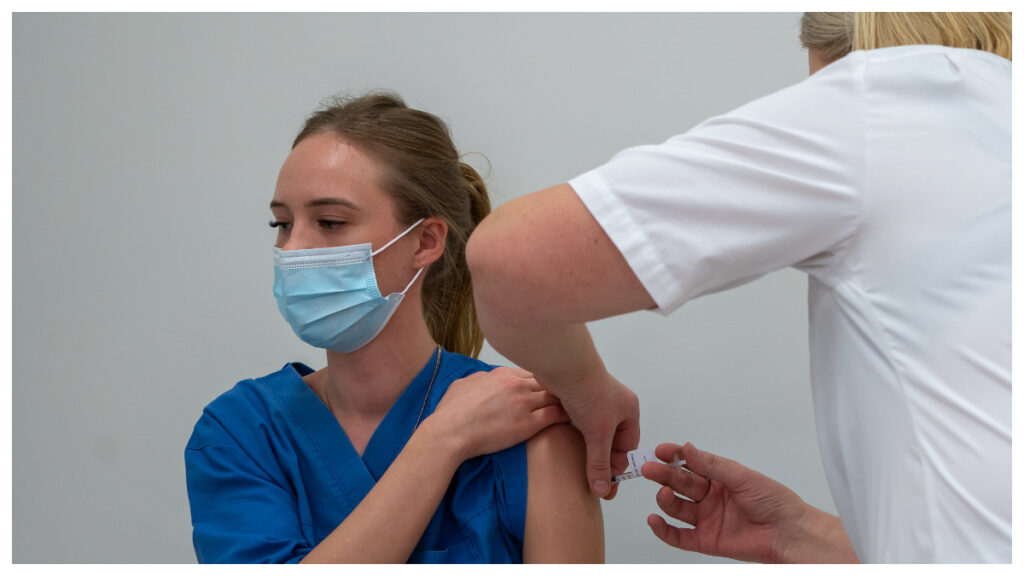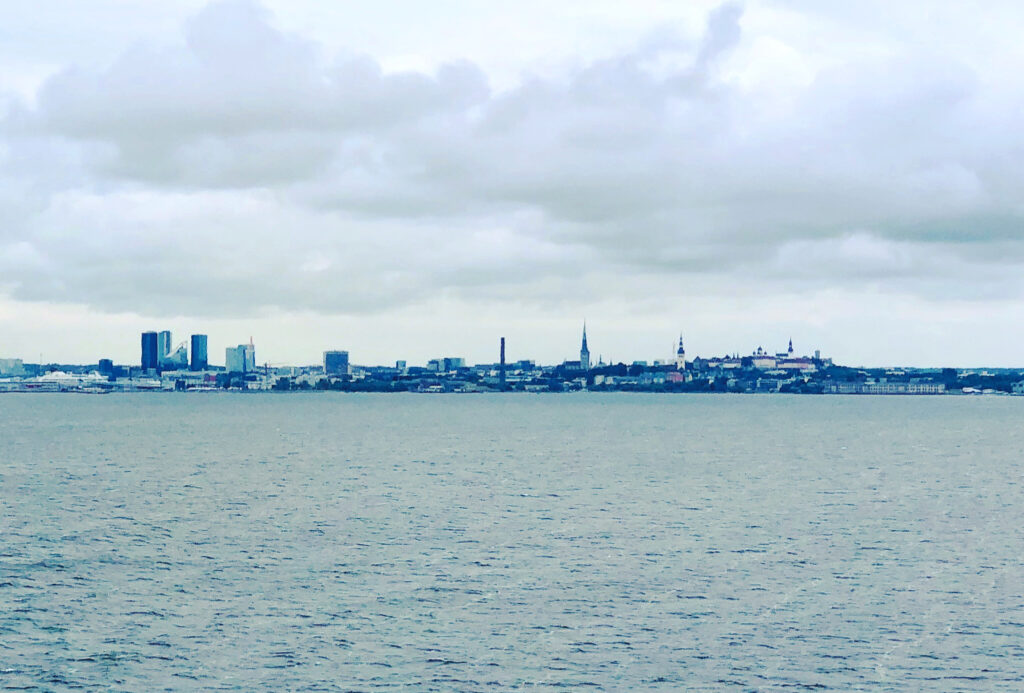In the week of 19 July, people arriving in Estonia from seven European countries will need to self-isolate to curb the spread of the coronavirus and its strains; Estonia is also introducing new rules and categorisations of countries based on their infection rates.
The Estonian government on 15 July decided that, from 19 July onwards, people arriving in Estonia from European countries with a two-week infection rate of up to 75 cases per 100,000 people will not face any restrictions.
In the week of 19 July, these countries are Austria, Bulgaria, Croatia, Iceland, Italy, Latvia, Lithuania, Liechtenstein, Norway, Poland, France, Sweden, Romania, Germany, San Marino, Slovakia, Slovenia, Finland, Switzerland, the Czech Republic, Hungary and the Vatican.
The Estonian government also decided, in accordance with the recommendations of the European Union, to divide restrictions into three categories, according to the risk level of the country from which people arrive in Estonia.
If the infection rate is in the range of 75–200, the restrictions will not apply upon arrival in Estonia if the individual has a proof of vaccination against COVID-19, has previously been infected with the disease, or can provide a negative test result, according to a statement by the Estonian foreign ministry.
Unvaccinated minors don’t need to self-isolate
“Upon arrival in Estonia without a certificate, a COVID test must be performed after arrival in the country. Until the result is known, the individual must remain at their place of residence.”
In the week of 19 July, this restriction applies to people arriving in Estonia from Belgium, Ireland, Greece, Malta, Monaco and Denmark.
Upon arrival from a European country with an infection rate of more than 200, self-isolation must be imposed for 10 days, which can be shortened by two negative tests. In the week of 19 July, this restriction applies to people arriving in Estonia from Andorra, Spain, the Netherlands, Cyprus, Luxembourg, Portugal and the United Kingdom.
People who have completed a course of vaccination or have previously been infected with COVID-19 are exempt from these restrictions.
The Estonian government also said that an unvaccinated minor aged 12–18 does not have to remain in self-isolation if they arrive in Estonia with a person from a European country with an infection rate higher than 75 and who has passed a negative test either before or immediately upon arrival in Estonia.

Vaccinated people from anywhere exempt from testing and isolation
From outside of Europe, people arriving in Estonia from Albania, the US, Armenia, Azerbaijan, Australia, Bosnia and Herzegovina, Brunei, Israel, Japan, Jordan, Canada, Kosovo, Lebanon, South Korea, Moldova, Montenegro, North Macedonia, Saudi Arabia, Serbia, Singapore, Ukraine and New Zealand don’t need to self-isolate for ten days, nor do they need to present a negative test result or test for COVID-19 upon arrival.
People who have undergone a COVID-19 vaccination programme (ie they’ve gotten both shots of either Pfizer, Moderna or AstraZeneca vaccine and two weeks have passed since the second dose; or they’ve gotten the single-shot Johnson & Johnson vaccine and two weeks have passed since) within the past year do not need to self-isolate or test for the coronavirus.
Also, people who have suffered from the novel coronavirus and no more than a year has passed since they have been declared cured, don’t need to test or self-isolate. These exceptions apply to people arriving from anywhere in the world.
Cover: The skyline of Tallinn, the capital of Estonia, when approaching from the Gulf of Finland. The image is illustrative. Photo by Sten Hankewitz.

